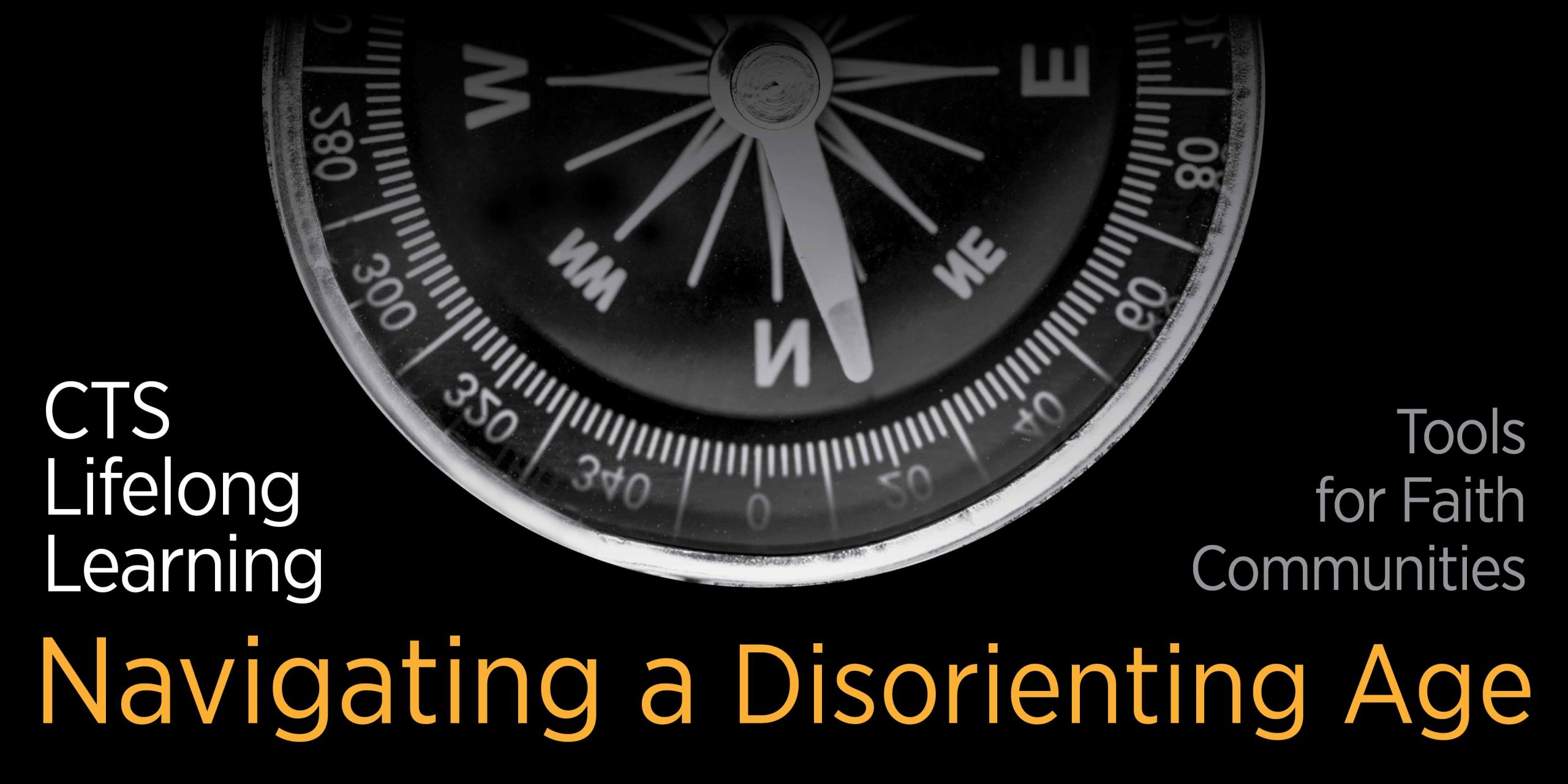Skills for Flourishing Congregations
While formal theological degree programs provide an excellent foundation, the fast-paced world of ministry makes it necessary for clergy and laypeople to continually evolve their skills to keep churches healthy and flourishing. Partnering with expert instructors, CTS has created these skills-based opportunities for continuing education that help leaders stay nimble and up to date in a rapidly changing ministry environment.
Practical skills for faith communities
Webinars led by subject matter experts
2024-2025 Series
This year’s webinar series “Navigating a Disorienting Age: Tools for Faith Communities” will be hosted online on Wednesdays from 12-1pm Eastern. Participants will learn practical tools designed to empower and strengthen our faith communities. Each webinar is led by a subject matter expert who offers valuable perspectives and resources for navigating the challenges of our times and fostering resilience, connection, and growth within congregations. Don’t miss this opportunity to participate in webinars that aim to equip us all for meaningful engagement and flourishing in today’s complex world.

Welcoming the Stranger to Your Church
October 2 – 12-1pm Eastern
Rev. Hipólito Fernández Reina
This timely conversation will delve into the importance of hospitality and inclusivity within congregations. Rev. Fernández Reina will share practical insights and heartfelt stories on creating a welcoming environment for newcomers, emphasizing the transformative power of hospitality in building community and fostering connections. Whether you are new to your church or a long-standing member, this event offers valuable perspectives on how we can all play a role in extending warmth and acceptance to those who enter our doors. Don’t miss this opportunity to learn and discuss ways to embody the spirit of welcome in our shared journey of faith and community life.
From Open to Affirming to Celebrating: A Congregational Journey
November 6 – 12-1pm Eastern
Rev. Dr. Katie Hays
This important discussion will delve into the core principles of inclusivity, acceptance, and support within Christian communities. Rev. Hays will offer valuable insights and practical strategies on how congregations can become inclusive communities for their diverse members and neighbors by celebrating the LGBTQ+ rainbow, racial and ethnic difference, and neurodiversity. This event promises to inspire reflection and action towards embodying God’s embrace for all. Don’t miss this opportunity to grow together in understanding what it truly means to affirm and celebrate the richness of human diversity within our congregations.
The Wisdom Keepers: Holistic Pastoral Care with Elders Within Congregations
February 19 – 12-1pm Eastern
Rev. Dr. Karen D. Scheib
Elders bring wisdom, life experience, and an array of gifts to our congregations. Discover how to nurture wisdom and foster flourishing in your congregation through holistic and practical strategies of ministry and care with and for elders. Compassionate care for elders requires challenging negative cultural assumptions and gaining a deeper understanding of the process of aging. Don’t miss out on this opportunity to learn and grow together as we honor and celebrate the invaluable wisdom our elders bring to our spiritual journeys and gain a deeper understanding of the importance of elder care in congregational life.
Registration
Each webinar is free, but registration is required.
About the Courses
The Skills for Flourishing Congregations series provides congregation leaders with a chance to gain relevant, practical knowledge in key areas of congregational leadership.
Online webinars
(3 topical offerings)
Top instructors
and in-depth content
Hosted by CTS faculty
to facilitate conversation
The webinars examine topics from the theme "Navigating a Disorienting Age: Tools for Faith Communities" including:
- What is the importance of hospitality and inclusivity within congregations?
- How can congregations become inclusive communities for their diverse members and neighbors?
- What does it look like to affirm and celebrate the richness of human diversity within our congregations?
- How can congregations challenge negative cultural assumptions about elders and gain a deeper understanding of the process of aging?
- What invaluable wisdom do we gain by intentionally involving elders in our congregations in community life?


